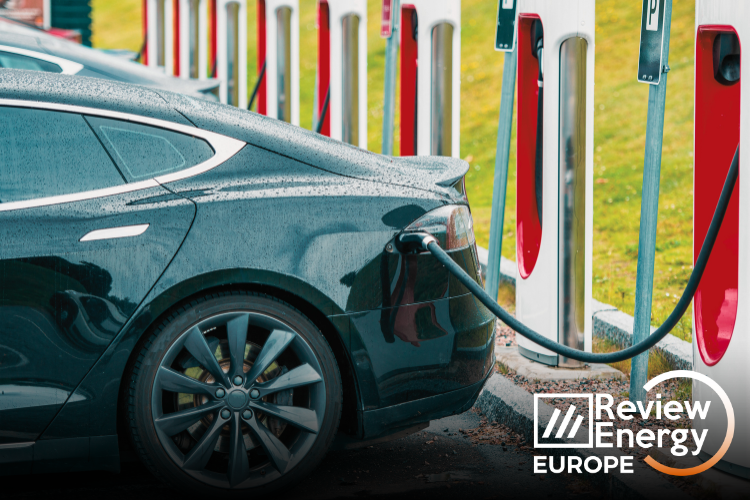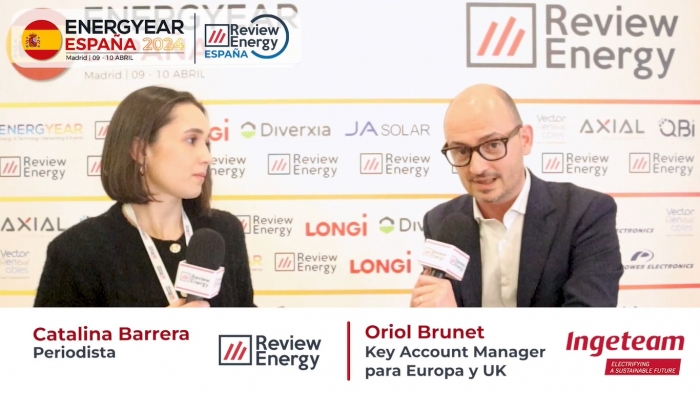
ACEA urges EU for 8 times more charging points per year by 2030
The European Automobile Manufacturers' Association (ACEA) is sounding the alarm, urging the European Union to take bold action in the race towards electric vehicle (EV) adoption. A stark report released by ACEA highlights a glaring chasm between the current state of public charging infrastructure for electric cars in the EU and the monumental requirements necessary to achieve crucial CO2-reduction targets by 2030.
 Source: ACEA
Source: ACEA
According to ACEA's findings, while electric car sales surged threefold between 2017 and 2023, the installation rate of charging points lagged significantly behind. Looking ahead, the association asserts that the EU must ramp up efforts to deploy charging infrastructure at an unprecedented rate. In fact, ACEA estimates that the EU needs to increase the annual installation of charging points eightfold by 2030 to keep pace with the burgeoning demand for electric vehicles.
Sigrid de Vries, ACEA's Director General, emphasized the urgency of the situation, stating, "We need mass-market adoption of electric cars in all EU countries to achieve Europe's ambitious CO2-reduction targets. This will not happen without widespread availability of public charging infrastructure right across the region."
The figures paint a sobering picture: Last year, just over 150,000 public charging points were added across the EU, averaging less than 3,000 per week. While this brought the total number of charging points to over 630,000, it falls far short of the mark set by both industry estimates and European Commission targets.
The European Commission projects that 3.5 million charging points should be in place by 2030 to support the anticipated surge in electric vehicle adoption. However, ACEA's analysis suggests a far more daunting figure. The association argues that a staggering 8.8 million charging points will be necessary by 2030 to meet the evolving needs of electric vehicle users. Achieving this monumental goal would require the installation of 1.2 million charging points annually – a rate more than eight times higher than the current pace.
De Vries cautioned that easy access to public charging points is not a luxury but a fundamental prerequisite for decarbonizing road transport. She stressed the need for urgent investment in public charging infrastructure, warning that failure to bridge the infrastructure gap could jeopardize Europe's ability to meet its climate targets.
As the EU navigates the transition to electric mobility, the call for action from ACEA serves as a stark reminder of the challenges ahead. With the clock ticking towards 2030, policymakers face mounting pressure to accelerate the deployment of charging infrastructure and pave the way for a greener automotive future.
In Adittion, according to the ACEA report, the following were the ten most relevant points
1. The EU had 632,423 public charging points and 3 million BEVs by the end of 2023.
2. Approximately 153,000 new public charging points were installed in 2023.
3. The European Commission aims for 3.5 million charging points by 2030 to support a 55% CO2 reduction in cars.
4. ACEA projects a need for 8.8 million charging points by 2030.
5. BEV sales outpaced charging network growth by over threefold in the past seven years.
6. The Netherlands, France, and Germany host 61% of all EU charging points.
7. Countries with the most chargers also see high BEV sales.
8. Only 13.5% of EU chargers offer fast charging.
9. There were 29 BEVs per fast charger and 53 BEVs/PHEVs per fast charger at the end of 2023.
10. EU governments should invest more in charging infrastructure and implement AFIR swiftly, while EAFO should monitor and incentivize faster deployment.










Comentarios
Sé el primero en comentar...